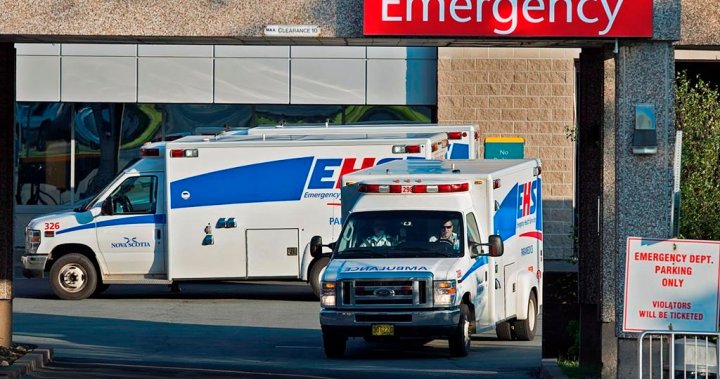
From ear plugs to washroom speakers: Public asked to vote on N.S. health-care ideas
Global News
The public voting process is part of the N.S. government's Healthcare Improvement Challenge, which allowed health-care workers to submit 'common sense ideas' to improve the system.
From installing speakers in hospital bathrooms to booking group vaccination appointments, a list of suggestions intended to improve the province’s health-care system has been released by the Nova Scotia government — and the province is inviting the public to vote for their favourite ideas.
The process, known as the Healthcare Improvement Challenge, began in October and permitted health-care workers to submit “common sense ideas” with a focus on improving the system.
Further digitalizing the health-care experience, like setting up a text notification system to remind patients of their appointment date, time, and location, was one of several suggestions that looks to cut down on delays and backlog.
“Develop a registration app. Patients enter their information, and it generates a QR code,” read one of the 20 selected recommendations included in the list released by the provincial government. “Clerks scan this on arrival for their appointment. It would save time and remove data coding errors.”
“Allow patients to pre-register online by sending them a link to fill out a form in advance of their surgery or specialist appointment. This will make intake for nurses working in clinics or pre-operative settings faster,” read another.
Some ideas went a step beyond the medical process and pivoted toward improving comfort for hospital patients experiencing lengthier stays.
“Provide patients with ear plugs and single-use eye masks in areas where they are trying to rest, but there is external disruption,” read one suggestion, adding that this would be primarily for patients staying in emergency department hallways and intensive care units.
Other submissions included installing vending machines or food counters in emergency departments, allowing continuing care assistants to utilize their full scope of practice, and enabling caller ID so patients can see when the hospital calls.













